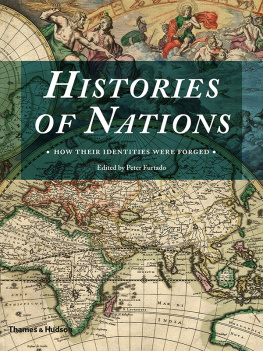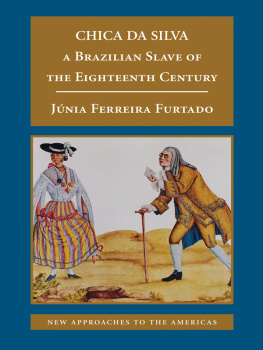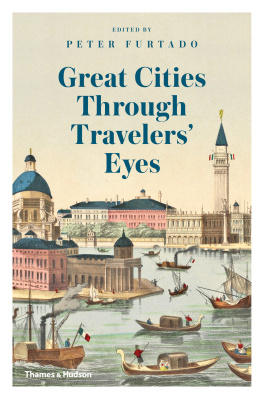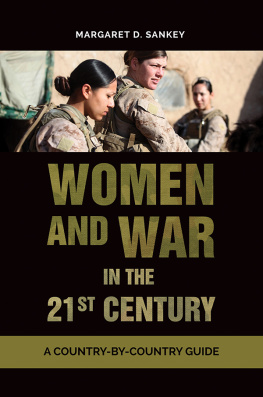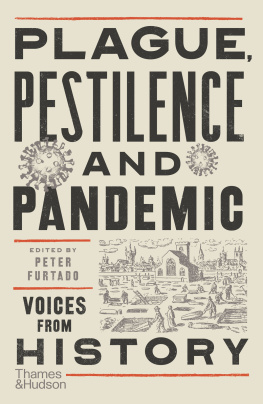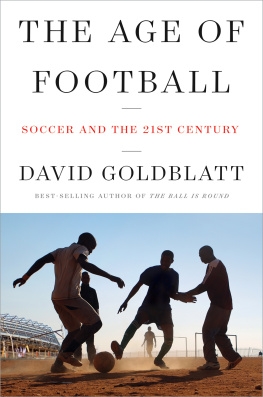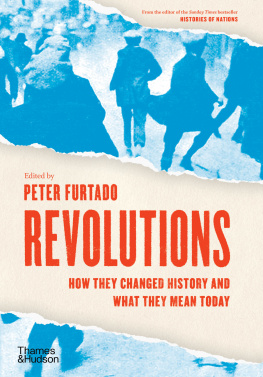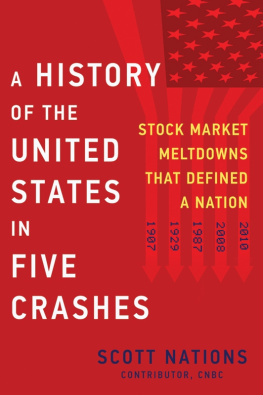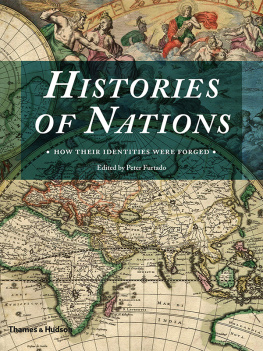

About the Editor
Historian Peter Furtado is the former editor of the internationally renowned monthly magazine History Today. He studied History and History of Art at the University of Oxford and conducted research on the origins of English nationalism at Birkbeck College, University of London. In 2009 he was awarded an honorary doctorate by Oxford Brookes University for his work in promoting interest in history. His publications include 1001 Days That Shaped the World.
Other titles of interest published by
Thames & Hudson include:
The Age of Empires
The Great Cities in History
The Great Empires of Asia:
How Asia's Mighty Empires Challenged the World
The Great Empires of the Ancient World
War Since 1900: History Strategy Weaponry
See our websites
www.thamesandhudson.com
www.thamesandhudsonusa.com
Contents
The worlds largest-ever history lesson, the opening ceremony of the Beijing Summer Olympics in 2008, was seen by more than a hundred heads of state and an estimated television audience of two billion people. A giant flexible LED screen was unrolled across the stadium floor, on which were projected aspects of Chinas cultural history, including the first of what it claims as its great inventions: paper. Three more of these inventions the compass, gunpowder and printing were then celebrated in spectacular fireworks and enacted in vast moving tableaux that drew on images of the Chinese past, the Terracotta Army, the Great Wall and the voyages of Zheng He. Awed by the colour, scale, discipline and lavishness of the show, the world saw how China wants its past, and its present, to be viewed: as a majestic civilization that owes little to outsiders and has bestowed great gifts on the rest of the world.
Four years earlier Athens had done much the same, albeit on a less awe-inspiring scale. Greece presented itself both in terms of the indisputable gifts of its own civilization to the world classical sculpture and, of course, the Games themselves and its national history, from the Bronze Age Minoans and Mycenaeans to the reign of Alexander the Great, the creation of the city of Byzantium, the achievement of independence from the Turks and modern ironic popular culture.
The opportunity for a nation to present such a high-profile, massaged image of its history and heritage to the world is a rare and powerful one, and it is hardly surprising that countries compete for the chance to host the Olympics. It is universal, though, for nations to seek ways of manipulating that same self-image internally for their own citizens, particularly through public commemoration and ceremony, as well as through control of the education syllabus and through the media. A countrys history is a vital part of national self-definition, and as such it is often highly controversial. In recent decades history wars over the content of school textbooks have broken out in countries as diverse as Australia, Canada, Russia and Japan, while in Britain successive governments have sought to propagate the elusive (and perhaps vanishing) concept of Britishness through a particular reading of the islands history.
Such national histories have been the backbone of the entire historical profession since the 19th century, when many state historical institutions were set up. Although today the field of history has broadened to include many topics unimaginable to those earlier historians, all countries make their own past the centrepiece of their education and their historical research, sometimes to the virtual exclusion of all else. In addition, most countries make history a compulsory subject in school, recognizing how vital a component it is in shaping national identity and in moulding societys energies.
But history is not just the creation of academies and governments: it is ubiquitous. It is in the air we breathe, in the cities we inhabit and in the landscapes we roam. People learn their own history at home, in stories told by family members and by the media, in folk tales and on television, from public statues and war memorials, and from prominent architecture, museums and galleries. The history imbibed from such sources is rarely questioned, and sometimes barely even recognized. This can make it very different from the history practised in Western colleges, where the liberal instinct is to be sceptical of received wisdom, to question the authority of the source, to frame knowledge in a broad context and to seek a novel interpretation. As a result, in many countries perhaps especially those with the most firmly established traditions of academic life there is a deep disjunction between the history of the academy and that of the people.
The academic history of the world has been written many times, especially in the last fifty years when the emergence of a world economy and ideological conflicts have made a search for a unified world history a realistic endeavour. Sometimes it has been done by hugely energetic and polymathic individuals with a line to argue, such as, for example, the triumph of the West of which John Roberts spoke in the 1980s, the clash of civilizations of Sam Huntington from the 1990s, or the environmental history of John McNeill in the 2000s. Sometimes it has been the product of teams of scholars or educators working to an agenda in an attempt, so far as is possible, to remove subjectivity, perhaps by ensuring that each part of the world is given equal weight. Either way, every completed account of the history of the world is a work of synthesis that contextualizes the more detailed research of others, and as such is a reflection of the wider preoccupations of the years in which it was produced.
This volume inevitably reflects the preoccupations of the present. It is less a history of the world than a selection of histories, planned in the belief that a single point of view, a single overarching agenda, is neither possible to realize successfully, nor desirable in our polycentric, postmodern age. It also aims to explore popular understandings of history around the world, and asks professional historians and other established writers to step outside their usual frames of reference and write about how history is understood in the culture of their homelands at large.
It has become a clich that the past is a foreign country, in the phrase of novelist L. P. Hartley, a place where they do things differently; but less often we remember that this feeling of foreignness we sense when we visit another country comes, more than anything, from its past, and particularly from its conception of its own special past.
So the premise of this volume is simple: if we fail to understand how others think and feel about their past, we will fail to understand them. If we want to get to grips with the national and cultural differences that both enliven and endanger our world, we do not need travel guides or even historical companions written by our own compatriots; we need to listen to people describing their own past in their own words. The passions, the emphases in what they choose to say perhaps even the omissions will speak volumes. Should any readers doubt that the sense of history can differ dramatically from country to country, I urge them to look at just two essays in this collection: Peter Onufs exploration of the origins and implications of what he calls the myth of historylessness that the United States received from its Founding Fathers; and Zhitian Luos explanation of the crucial role of history in legitimizing imperial authority in China for 3,000 years.
Next page
